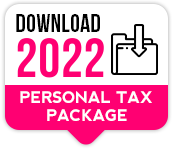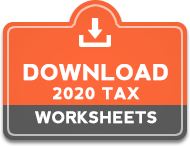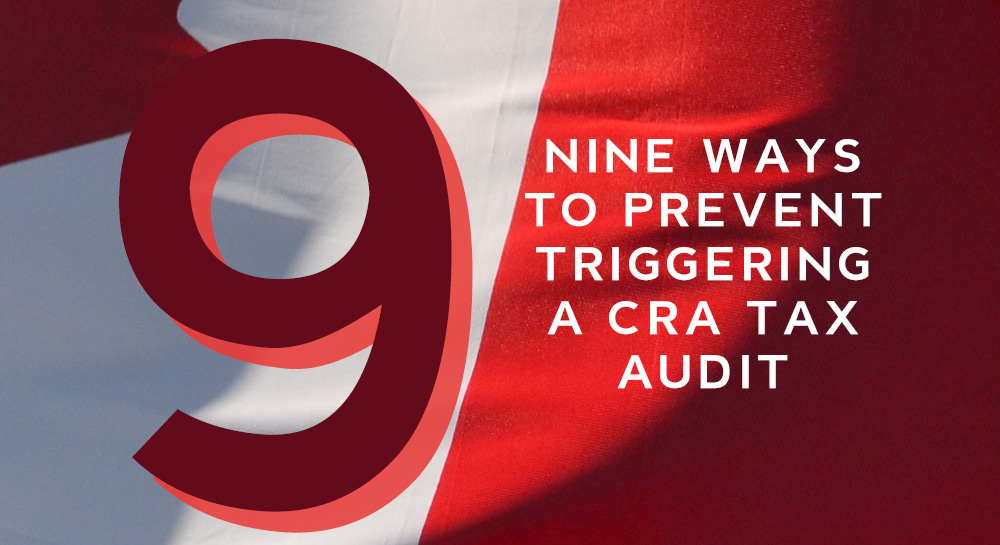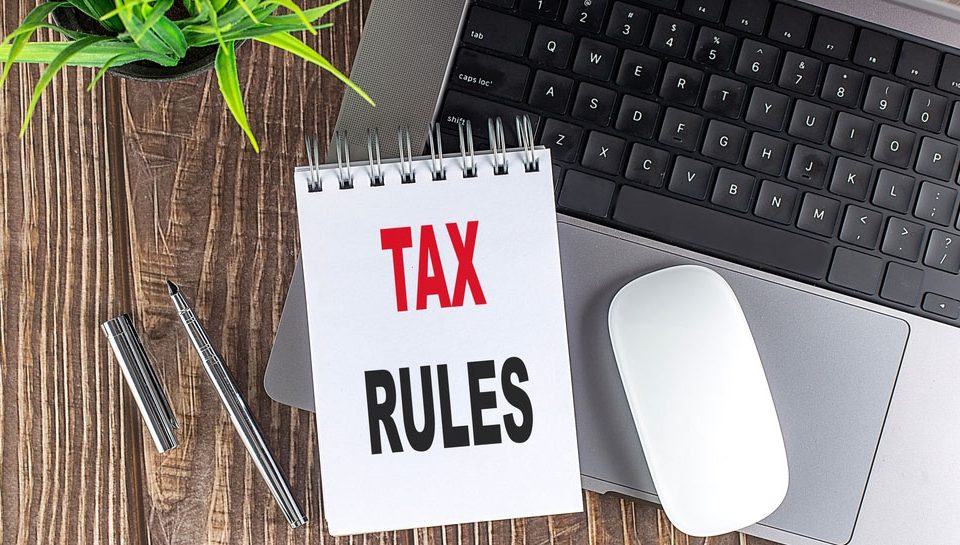
Commentary on the Federal Budget 2023
April 18, 2023
How changes to Canada Pension Plan benefits affect your wallet today and retirement tomorrow
May 17, 2023Nine ways to prevent triggering a CRA tax audit
Sign up for the Globe Advisor weekly newsletter for professional financial advisors on our newsletter sign-up page. Get exclusive investment industry news and insights, the week’s top headlines, and what you and your clients need to know.
Every year, about 30,000 Canadians will receive a letter or phone call from the Canada Revenue Agency (CRA) telling them they’re being audited. That begins a lengthy and stressful process – regardless of whether it results in a reassessment with taxes due and penalties.
Most candidates for an audit are flagged by the CRA’s risk-assessment systems, which are designed to identify tax returns most likely to be non-compliant. While it isn’t possible to audit-proof a tax return (some audits are random), experts say taxpayers can take these steps to reduce the chances.
1. Be scrupulous when reporting expenses
The CRA chooses different audit “projects” or areas of focus every year, says Andrew Adolph, certified professional accountant (CPA), who worked as a CRA auditor and now helps individuals and businesses navigate audits with Gateway Tax Services in Surrey, B.C.
Popular targets include child care, moving and employment expenses. He says to never inflate these (or any) numbers and keep all supporting documentation.
2. Avoid a mismatch between place of income and postal code
One thing that raises the CRA’s suspicions is when reported income is well below the median income for a specific postal code, says David Rotfleisch, CPA, lawyer and founder of Rotfleisch & Samulovitch Professional Corp. in Toronto.
Clients who are legitimately in this position – for example, because they inherited property from their parents – must be prepared to explain how they support their lifestyle.
3. Report house sales even if no taxes are payable
It’s critical to declare the sale of any home, Mr. Adolph says, because if there’s a wrinkle later and it turns out someone can’t claim the principal residence capital gains exemption for every year they owned the property, the penalties for failing to disclose the sale can be onerous.
Clients engaged in house-flipping should also be completely upfront about it, Mr. Rotfleisch adds.
4. Tread carefully with cryptocurrency
With cryptocurrency, it’s important to document what’s a capital gain and what’s business income – and sometimes there’s a mix if people buy and hold some and trade some.
Mr. Rotfleisch points out that the CRA has introduced a multi-page questionnaire sent to people who hold crypto that serves as a type of audit.
5. Avoid claiming a string of losses on a business
This can be a challenge for businesses in the start-up phase, but consistently claiming that you haven’t made a profit will pique the CRA’s interest.
Mr. Rotfleisch says organized tax scams specialize in claiming invalid losses or expenses – so a business owner with a pattern of losses may get swept up in an investigation looking for that type of illegal activity.
6. Know the rules before claiming car expenses
Dot the i’s and cross the t’s when it comes to claiming car expenses for business use of a vehicle, Mr. Adolph says.
For example, the capital cost allowance for passenger vehicles (as distinct from vehicles such as pick-up trucks that are more specifically designed for certain types of work) is capped at $36,000 for new and used vehicles purchased on or after Jan. 1, 2023. A realtor claiming the full cost of a $70,000 passenger vehicle will attract the CRA’s attention instantly.
7. Make sure the GST collected and claimed aren’t at odds
As a CRA auditor, Mr. Adolph would screen regularly for discrepancies between the GST collected and the GST claimed by a corporation.
8. Maintain ‘good CRA karma’
Establishing a reliable record of filing tax returns and paying balances on time can help you develop what Mr. Adolph terms “good CRA karma.” A positive pattern looks good during screening for an audit and may also play in your favour if the CRA proposes a reassessment.
Having the rest of your financial house in order can help, too. When Mr. Adolph left the CRA, they were just starting to test the association between credit ratings and non-compliant tax returns – suggesting it may be worth aiming for a good financial standing overall.
9. Get professionals lined up
If all else fails and someone is audited, they should have professionals lined up to support them, Mr. Rotfleisch says.
Post Credit: The Globe and Mail By ALISON MACALPINE
(https://www.theglobeandmail.com/investing/globe-advisor/advisor-news/article-nine-ways-to-prevent-triggering-a-cra-tax-audit/)







